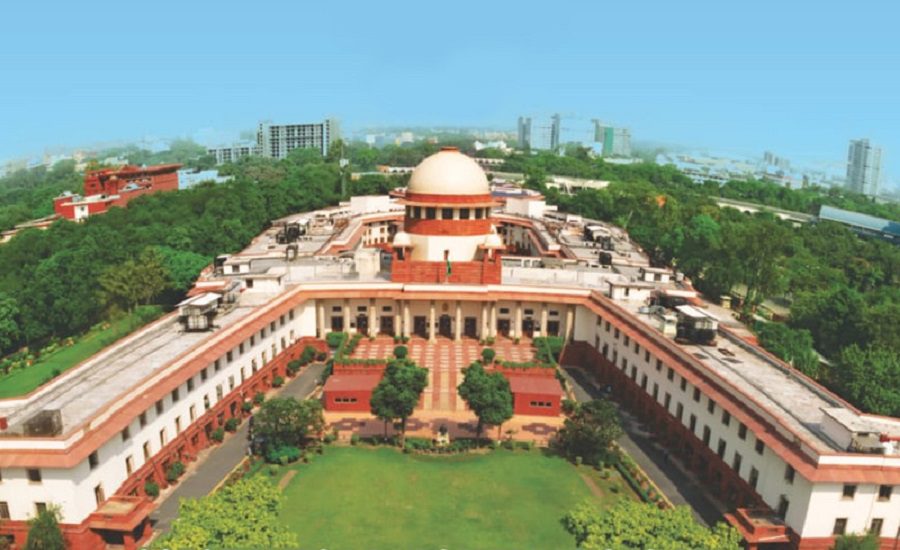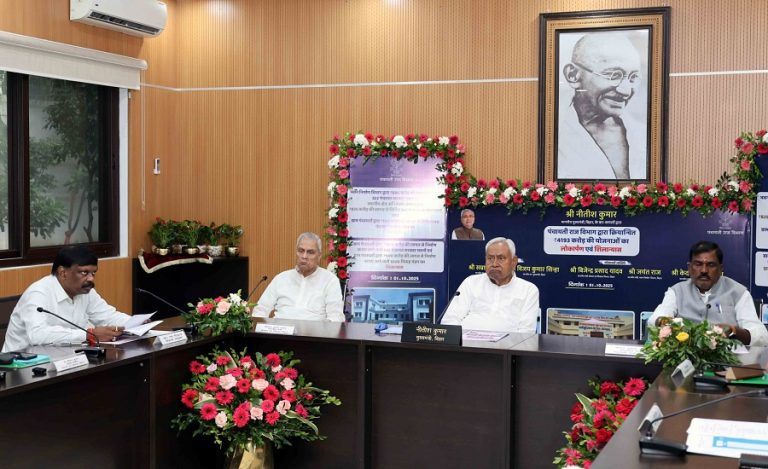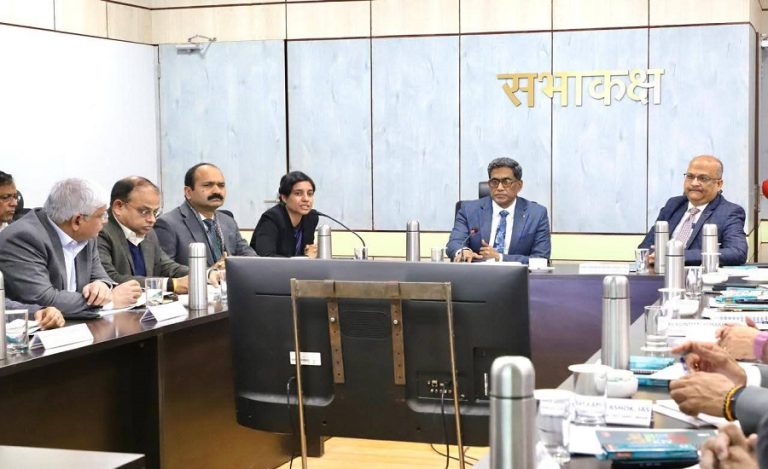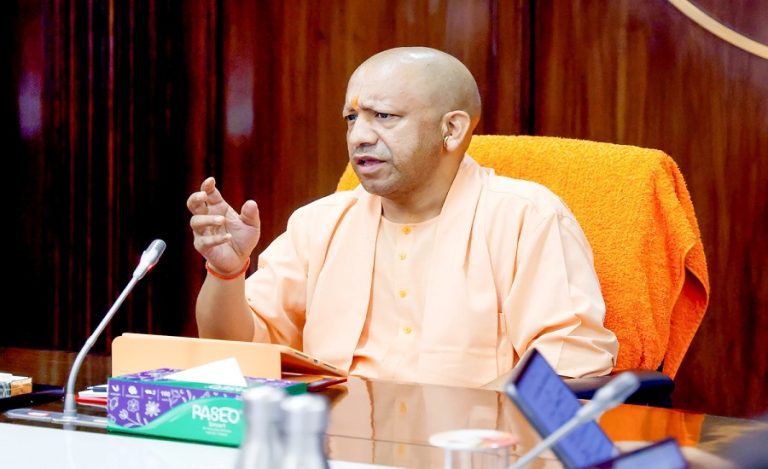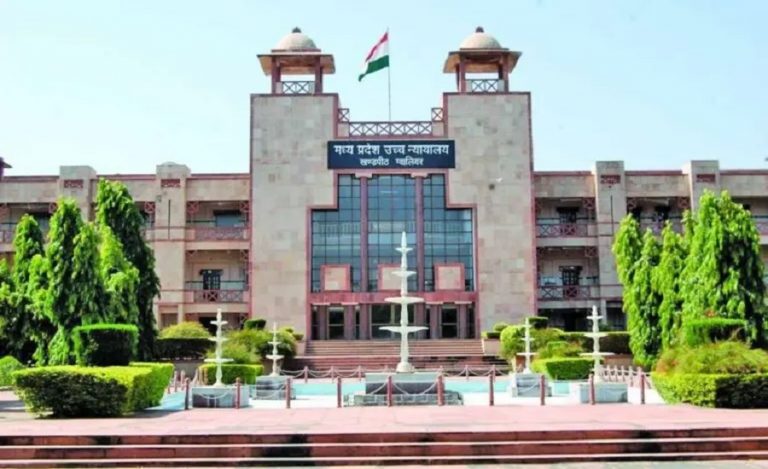New Delhi: In a significant judgment, the Supreme Court on Tuesday upheld the Allahabad High Court’s 2022 guidelines to prevent misuse of Section 498A of the Indian Penal Code (IPC), which deals with dowry-related harassment. The apex court directed that police must refrain from arresting a husband or his relatives for two months from the date a dowry case is filed.
The verdict came while drawing up an amicable divorce settlement between 2022-batch IPS officer Shivangi Bansal (née Goel) and her estranged husband. Exercising its plenary powers under Article 142 of the Constitution, the bench of Chief Justice B R Gavai and Justice A G Masih also dissolved their marriage and asked the IPS officer to issue a public apology through newspaper publications.
SC Backs Family Welfare Committee Model
The court explicitly endorsed the Allahabad High Court’s guidelines issued on June 13, 2022, in Criminal Revision No. 1126 of 2022. These guidelines proposed the constitution of Family Welfare Committees to act as a safeguard against the misuse of Section 498A.
“The guidelines framed by the Allahabad HC… shall remain in effect and be implemented by the appropriate authorities,” the SC bench ruled.
Custodial Trauma Recognized, But No Legal Prejudice to IPS Officer
The court acknowledged the severe impact of the cases filed by the IPS officer on her husband and in-laws, noting-
“The husband remained in jail for a period of 109 days and his father for 103 days. The entire family suffered physical and mental trauma and harassment. What they have suffered cannot be resituated or compensated in any manner.”
Despite this, the SC clarified that the required public apology would not have any adverse impact on Shivangi Bansal’s legal standing-
“It shall not ever be used against Shivangi Bansal/Shivangi Goel before any court of law, administrative/regulatory/quasi-judicial body/tribunal against her interests now or in the future.”
Balanced Approach Amid Rising Misuse Concerns
The ruling is viewed as a balanced approach to address rising concerns over the misuse of dowry laws while still allowing genuine victims access to legal recourse. The introduction of cooling-off periods and family mediation mechanisms could reduce hasty arrests and prolonged litigation.

